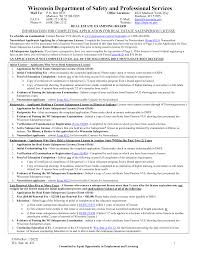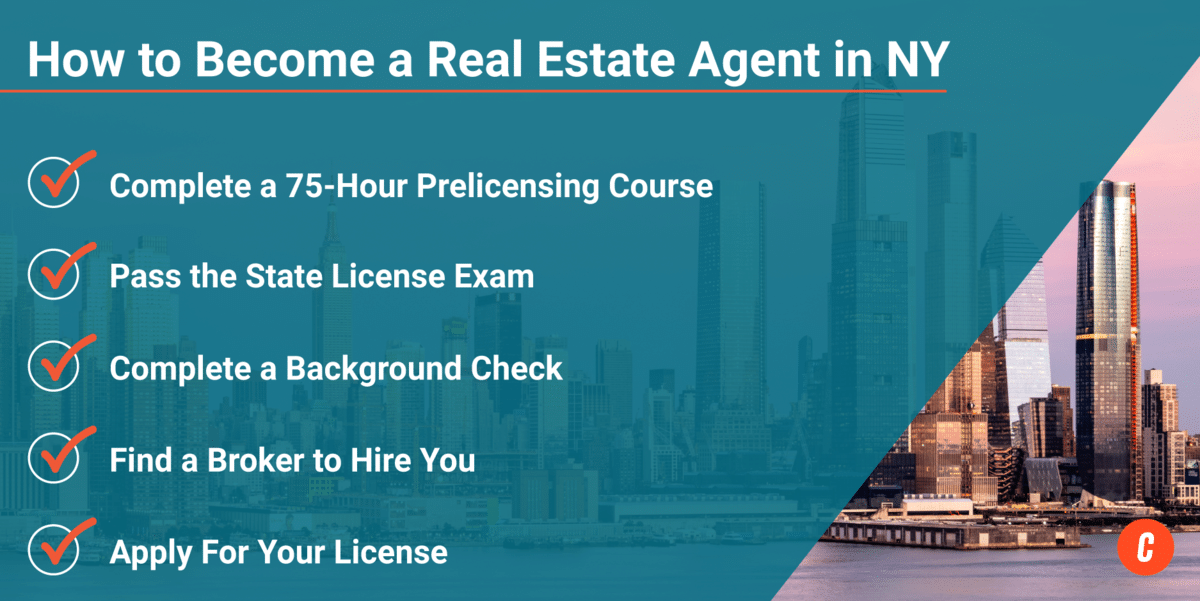
You should learn the requirements to obtain a Illinois real estate license. These include the Exam, the license's requirements, and the Leasing Agent license requirements. Learn how to apply online for your license. You'll also find out how much you need to pay to obtain your license.
Exam requirements
The Illinois real property licensing exam is a multiple choice exam. It consists of two parts. There are a national exam and a state-specific exam. Each test has about 140 questions. Five of these are experimental questions. Each section contains questions that vary in difficulty. Each section of the exam has a passing score of 75. It takes approximately four hours for the exam to be completed. It is important to study as much as you can for the exam.

A typical 90-hour pre-licensing course includes 75 credit hours of textbook material and 15 credit hours of interactive study. There are many types of programs available, including fast-paced courses, daytime classes, and evening programs. Self-study programs are also available. However, you will need to score a certain minimum score to get a real-estate license in Illinois with the self-study programs.
License requirements for Leasing Agent
There are a few things you should do before becoming a Illinois leasing agent. First, you will need a broker license. This license allows landlords and tenants to be represented. This license allows you to work as a realty broker and lease residential properties.
Besides being licensed, a leasing agent has to pass a licensing examination in the state. This exam contains scenario questions, pre-test questions and scored questions. To be licensed as a leasing agent in Illinois, you need to score at minimum 75 percent. The exam takes around two and a-half hours.
Steps for applying for an Illinois real property license
Before you can legally practice real estate, you must obtain a license through the state's Division of Real Estate. The state requires that applicants complete a two-year pre-license education program and pass the state exam administered by PSI. Every license applicant must also have a sponsoring broker managing the business. This sponsoring broker must sponsor the applicant's license application.

It can take up to six months to license as a real estate agent in Illinois. This is because you need to take a 75-hour prelicense course from an approved school. To get an idea of the course content, you can take a free online trial to see what it is like.
FAQ
What flood insurance do I need?
Flood Insurance protects you from flooding damage. Flood insurance can protect your belongings as well as your mortgage payments. Learn more information about flood insurance.
What should I consider when investing my money in real estate
First, ensure that you have enough cash to invest in real property. If you don’t have the money to invest in real estate, you can borrow money from a bank. You also need to ensure you are not going into debt because you cannot afford to pay back what you owe if you default on the loan.
You should also know how much you are allowed to spend each month on investment properties. This amount must include all expenses associated with owning the property such as mortgage payments, insurance, maintenance, and taxes.
You must also ensure that your investment property is secure. It would be best to look at properties while you are away.
How can I eliminate termites & other insects?
Your home will be destroyed by termites and other pests over time. They can cause serious destruction to wooden structures like decks and furniture. This can be prevented by having a professional pest controller inspect your home.
How can I fix my roof
Roofs can become leaky due to wear and tear, weather conditions, or improper maintenance. Minor repairs and replacements can be done by roofing contractors. Contact us to find out more.
What is a reverse mortgage?
A reverse mortgage lets you borrow money directly from your home. It allows you access to your home equity and allow you to live there while drawing down money. There are two types to choose from: government-insured or conventional. You must repay the amount borrowed and pay an origination fee for a conventional reverse loan. FHA insurance covers the repayment.
Statistics
- This means that all of your housing-related expenses each month do not exceed 43% of your monthly income. (fortunebuilders.com)
- When it came to buying a home in 2015, experts predicted that mortgage rates would surpass five percent, yet interest rates remained below four percent. (fortunebuilders.com)
- The FHA sets its desirable debt-to-income ratio at 43%. (fortunebuilders.com)
- Over the past year, mortgage rates have hovered between 3.9 and 4.5 percent—a less significant increase. (fortunebuilders.com)
- Based on your credit scores and other financial details, your lender offers you a 3.5% interest rate on loan. (investopedia.com)
External Links
How To
How to manage a rental property
While renting your home can make you extra money, there are many things that you should think about before making the decision. These tips will help you manage your rental property and show you the things to consider before renting your home.
Here are the basics to help you start thinking about renting out a home.
-
What is the first thing I should do? You need to assess your finances before renting out your home. You may not be financially able to rent out your house to someone else if you have credit card debts or mortgage payments. Also, you should review your budget to see if there is enough money to pay your monthly expenses (rent and utilities, insurance, etc. You might find it not worth it.
-
How much will it cost to rent my house? There are many factors that influence the price you might charge for renting out your home. These include things like location, size, features, condition, and even the season. Keep in mind that prices will vary depending upon where you live. So don't expect to find the same price everywhere. Rightmove estimates that the market average for renting a 1-bedroom flat in London costs around PS1,400 per monthly. This means that your home would be worth around PS2,800 per annum if it was rented out completely. It's not bad but if your property is only let out part-time, it could be significantly lower.
-
Is it worthwhile? There are always risks when you do something new. However, it can bring in additional income. It is important to understand your rights and responsibilities before signing anything. Your home will be your own private sanctuary. However, renting your home means you won't have to spend as much time with your family. Make sure you've thought through these issues carefully before signing up!
-
Are there any benefits? So now that you know how much it costs to rent out your home and you're confident that it's worth it, you'll need to think about the advantages. You have many options to rent your house: you can pay off debt, invest in vacations, save for rainy days, or simply relax from the hustle and bustle of your daily life. You will likely find it more enjoyable than working every day. Renting could be a full-time career if you plan properly.
-
How do I find tenants After you have made the decision to rent your property out, you need to market it properly. Make sure to list your property online via websites such as Rightmove. You will need to interview potential tenants once they contact you. This will help to assess their suitability for your home and confirm that they are financially stable.
-
What are the best ways to ensure that I am protected? If you are worried about your home being empty, it is important to make sure you have adequate protection against fire, theft, and damage. You'll need to insure your home, which you can do either through your landlord or directly with an insurer. Your landlord may require that you add them to your additional insured. This will cover any damage to your home while you are not there. If you are not registered with UK insurers or if your landlord lives abroad, however, this does not apply. In this case, you'll need to register with an international insurer.
-
If you work outside of your home, it might seem like you don't have enough money to spend hours looking for tenants. It's important to advertise your property with the best possible attitude. It is important to create a professional website and place ads online. A complete application form will be required and references must be provided. While some prefer to do all the work themselves, others hire professionals who can handle most of it. Interviews will require you to be prepared for any questions.
-
What should I do once I've found my tenant? If you have a contract in place, you must inform your tenant of any changes. Otherwise, you can negotiate the length of stay, deposit, and other details. It's important to remember that while you may get paid once the tenancy is complete, you still need to pay for things like utilities, so don't forget to factor this into your budget.
-
How do you collect rent? When the time comes to collect the rent, you'll need to check whether your tenant has paid up. You'll need remind them about their obligations if they have not. You can subtract any outstanding rent payments before sending them a final check. If you are having difficulty finding your tenant, you can always contact the police. The police won't ordinarily evict unless there's been breach of contract. If necessary, they may issue a warrant.
-
How can I avoid potential problems? It can be very lucrative to rent out your home, but it is important to protect yourself. Ensure you install smoke alarms and carbon monoxide detectors and consider installing security cameras. Check with your neighbors to make sure that you are allowed to leave your property open at night. Also ensure that you have sufficient insurance. You should never allow strangers into your home, no matter how they claim to be moving in.